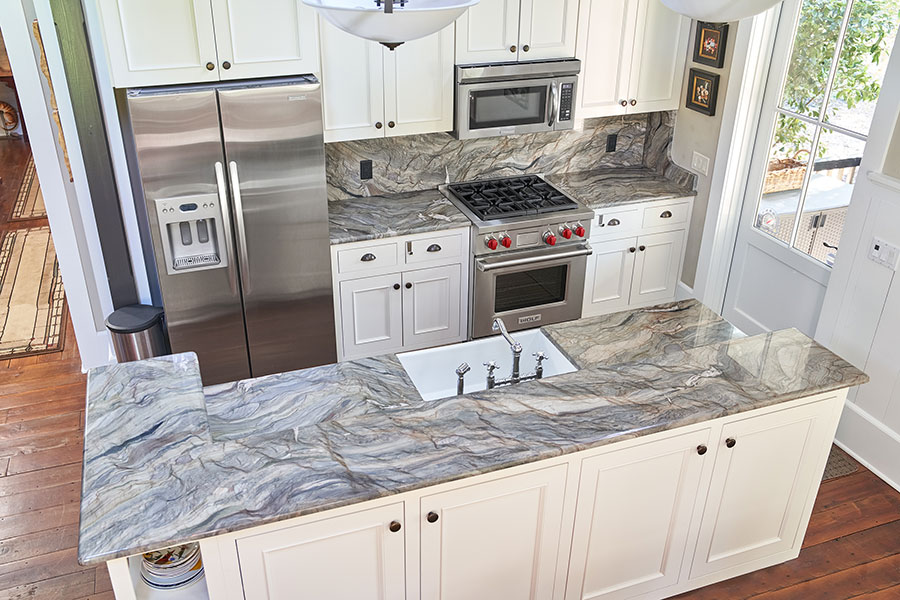The Value of Business Lawyers in Negotiating and Structuring Business Deals
Business lawyers play a pivotal role in negotiating and structuring business deals, offering expertise that ensures the transactions are legally sound, fair, and in the best interest of their clients. Their value goes far beyond simply providing legal advice they serve as strategic advisors who guide businesses through the complex and often overwhelming world of corporate negotiations. When structuring business deals, a lawyer’s understanding of law, business practices, and industry-specific regulations can help mitigate risks, address potential challenges, and create opportunities for long-term success. One of the primary ways business lawyers add value is by helping clients navigate the intricacies of contract law. Whether the deal involves mergers, acquisitions, joint ventures, or partnership agreements, a skilled business lawyer ensures that all the terms and conditions are clearly defined, protecting the interests of their client while also addressing the needs of the other parties involved. By understanding the legal framework within which a business operates, lawyers are able to structure deals that are compliant with applicable laws and regulations, preventing costly mistakes that could lead to litigation or regulatory penalties.

Furthermore, business lawyers bring essential negotiation skills to the table. Their experience in understanding the motivations, concerns, and objectives of both parties allows them to help clients achieve the most favorable outcomes. They are skilled in navigating high-pressure situations, managing emotions, and maintaining professionalism throughout the negotiation process. A well-negotiated deal can lead to more advantageous terms, such as favorable pricing, optimal payment structures, and performance-based clauses that protect their client’s financial interests. Lawyers often have strong relationships with other legal professionals, financial advisors, and experts in various fields, allowing them to bring in additional resources as needed during the negotiation process. Business lawyers also assist in identifying and addressing risks associated with the deal. They can assess the potential for legal liabilities, such as outstanding debts, ongoing litigation, or regulatory compliance issues, and help clients avoid pitfalls that could derail a transaction. Their deep understanding of industry trends, market conditions, and financial strategies helps them foresee potential roadblocks and structure deals that are resilient to changes in the business environment.
This ensures that the contract is enforceable and legally binding, preventing future disputes and providing a roadmap for resolution if issues arise. In addition, business lawyers play an instrumental role in ensuring that all parties involved in a deal fulfill their contractual obligations. They can help clients implement due diligence processes, review financial documents, and ensure the accuracy and completeness of all information exchanged. This level of scrutiny is essential for maintaining trust and transparency, which are vital elements in any successful business relationship. By securing fair and balanced agreements, lawyers foster long-term partnerships and provide a strong foundation for future growth and check these guys out. Business lawyers are invaluable in negotiating and structuring business deals due to their expertise in contract law, negotiation tactics, risk assessment, and regulatory compliance. Their guidance helps businesses achieve favorable outcomes while minimizing risks and legal challenges. By leveraging their skills and knowledge, business lawyers ensure that deals are not only legally sound but strategically beneficial, paving the way for successful business ventures and long-term success.

